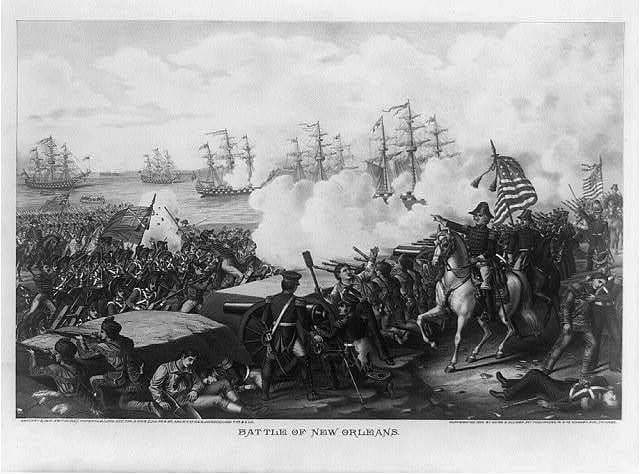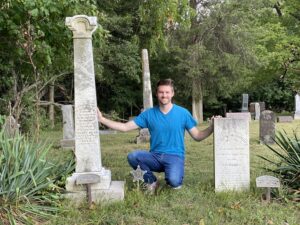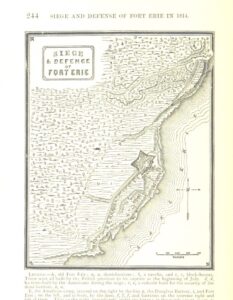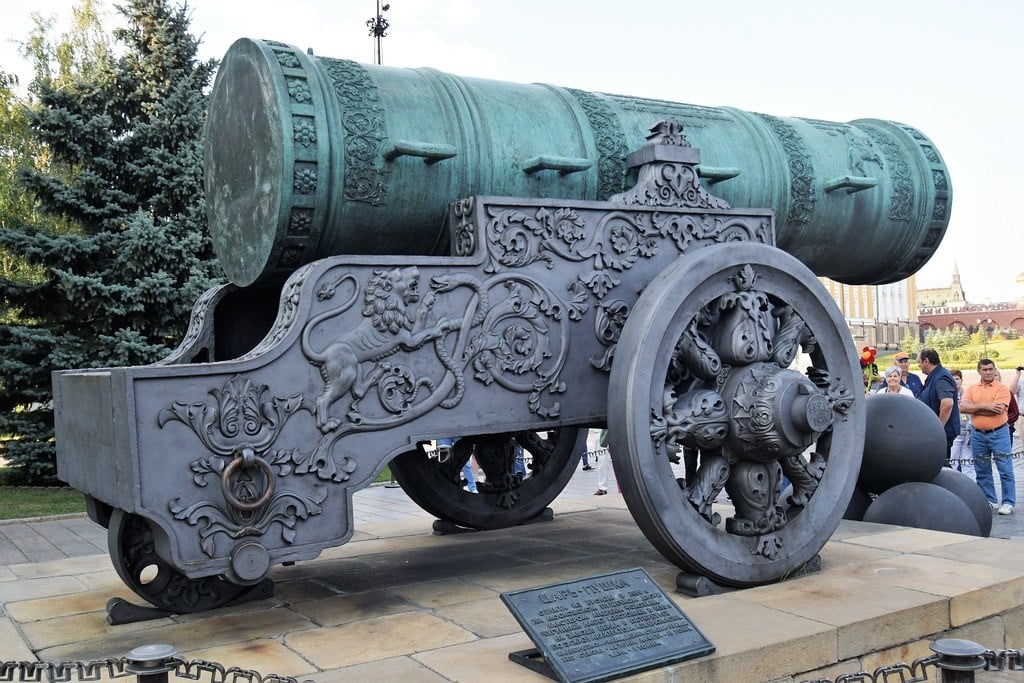War of 1812 Pensions – Part 2
 10
10Mar

The following blog post continues a series on military pension records, this one being part 2 on War of 1812 pension files. Previously we learned about the application process for our ancestors and some of what you might find in a pension file. We will continue exploring the contents of pension records and learn how to obtain them.
Along with the application, a pension file may contain other documents related to military service, such as pay vouchers, prison or casualty reports, and final payments. The final payments are rich in information about the family. There are some cases where the final payment is the only surviving evidence of the pension.
Rejected pensions contain a lot of genealogically valuable information, because our ancestors wanted an income which left an extensive paper trail. Sometimes the rejection was due to the ancestor deserting his post, which might leave an intriguing story in the pension papers. Other times the rejection was because the ancestor did not have sufficient proof that they qualified, but they might later qualify after submitting proof.
Each correspondence on the pension indicates where the pensioner resided at the time. This can be helpful in tracing migration patterns, especially if the pension process was lengthy. One of the pension papers for Anthony Wayne McKinney and Catharine McKinney lists their residences over multiple years: He lived in Randolph County, Indiana from 1855 to 1871, then they lived in Clear Lake, Cerro Gordo, Iowa from 1871 to 1878. Correspondence from the pensioners reflect this except for a letter from Randolph County, Indiana in March 1872.
Methodology
How do you find your ancestor’s pension record? First, determine if he would have been eligible for a pension. Was he of age to serve in the War of 1812? When did he die? A veteran who would have been eligible under either the act of 1871 or the act of 1878 who died before those dates would not have a pension. If in doubt, check the pension laws because these determined who was eligible.
Records that hint at military service or pensions include family stories, obituaries, newspapers commemorating anniversaries of  wars or veterans’ reunions, lineage societies for the War of 1812, veteran grave markers, letters, diaries, and the 1840 census of pensioners. Anthony McKinney’s gravestone indicated he served in the War of 1812.[1]
wars or veterans’ reunions, lineage societies for the War of 1812, veteran grave markers, letters, diaries, and the 1840 census of pensioners. Anthony McKinney’s gravestone indicated he served in the War of 1812.[1]
When you have evidence that your ancestor served in the War of 1812, the first place to go when looking for a pension record is an index of pensioners, such as any of the following found at FamilySearch or at the National Archives and Records Administration (NARA):
- 1812 Pension Application Files
- United State Old War Pension Index
- Index Pension Application Files of Remarried Widows…War of 1812
Indexes of pensioners usually contain the unit of service or the pension application number(s). This information will be needed to obtain the pension file from either Fold3 or NARA.
 NARA and Fold3 are in the process of digitizing the War of 1812 records, including pension files. Fold3 has an every-name index in which you can type in an ancestor’s name, and any record where that name appears will show up in the results, but it may be someone else of the same name, so be cautious. Note that Fold3 does not have Soundex, so you will need to search individually every spelling variation of your ancestor’s name.
NARA and Fold3 are in the process of digitizing the War of 1812 records, including pension files. Fold3 has an every-name index in which you can type in an ancestor’s name, and any record where that name appears will show up in the results, but it may be someone else of the same name, so be cautious. Note that Fold3 does not have Soundex, so you will need to search individually every spelling variation of your ancestor’s name.
Fold3 allows for browsing by soldier’s names, as well as sorting by location and military unit. If you know where your ancestor served, this is a good way to find their pension records.
The digitized portion of the War of 1812 records is available for free. If your ancestor’s record is not on Fold3, you will need to request the records from NARA. Many of these are with the records of the Adjutant General’s Office.
Other records to look for at NARA include final payments and bounty land applications. For a while, bounty land and pension records were filed separately and never combined. Some pension files contain bounty land records, but not all of them.
In the case of multiple men with the same name, pay attention to the units and locations. Men usually enlisted near where they resided and served in a local military unit. If your ancestor moved after their military service, be sure to look for records in the state from where they served.
Pension records are also good for FAN Club research. The people who testified as witnesses would have known the pensioners well. They may have been neighbors, relatives, or fellow soldiers. Additional information about an ancestor’s military service can also be gained by looking up the pensions of fellow soldiers. This can especially be helpful if your ancestor didn’t qualify for a pension.
Once you have obtained your ancestor’s pension, be sure to read everything. It might help to transcribe each record. You never know which record will contain vital clues to break down your brick walls. Additionally, you may find interesting stories about your relatives.
It may help to make a chart of the pension contents. Anthony McKinney’s pension contains 94 digital images which are not in chronological order. A chart for his pension would list the image number, the date, and a brief description of each image. Such a chart could be made in a spreadsheet or word processing program, depending on the preference of the researcher. Typing notes about the findings in each record makes it easier to pull out the story and keep track of discoveries. Because pensions are rich in information, it can be easy to be overwhelmed by all the information unless it is kept organized.
Additionally, it might be helpful to have a medical dictionary handy. This will be useful in translating archaic medical terms into modern English. For soldier’s pensions prior to 1871, they would be descriptions of the ailment or disability of the veteran.

To learn more about War of 1812 research, check out these books:
- Glasson, William Henry. History of Military Pension Legislation in the United States (New York: Columbia University Press, 1900).
- Rose, Christine. Military Pension Laws, 1776-1858 (San Jose, California: Rose Family Association, 2001).
- Rose, Christine. Military Bounty Land 1776-1855 (San Jose, California: CR Publication, 2011).
- Library of Congress. United States Statutes at Large (https://www.loc.gov/collections/united-states-statutes-at-large/about-this-collection/).
Through War of 1812 pension records, you can learn vital information about your veteran ancestor and his family. You can learn about his military service and life after the war. If their pension application was rejected, you can learn even more about your War of 1812 ancestor. If you need help researching your War of 1812 ancestor, Price Genealogy researchers would be very pleased help you.
By Katie
Resources
- Anthony W McKinney (Pvt Capt Samuel McCormick US Rangers, War of 1812), pension nos. SO11162, SC13803, WO22409, 24042; War of 1812 Pension and Bounty Land Warrant Application Files, digital images, Fold3 (https://fold3.com : accessed 10 February 2023), citing NARA collection 564415.
- https://familytreewebinars.com/webinar/revolutionary-war-series-4-of-5-records-created-by-the-revolutionary-war-after-the-war-pensions/?category=records&subcategory=military&subsubcategory=revolutionarywar
- https://familytreewebinars.com/webinar/accessing-national-archives-military-records-from-start-to-finish/?search=national%20archives
- https://www.legalgenealogist.com/2013/12/04/the-marriage-and-the-pension/
- https://www.legalgenealogist.com/2013/03/30/chasing-that-pension-file/
- https://www.familysearch.org/rootstech/session/what-does-that-really-say-records-analysis-1812-military-pension
- https://www.familysearch.org/rootstech/series/a-call-to-arms-researching-revolutionary-war-ancestors
- https://www.archives.gov/files/research/military/army/dc/m313.pdf
- https://www.familysearch.org/rootstech/session/resources-for-researching-your-war-of-1812-ancestor-online-part-1
- https://www.familysearch.org/rootstech/session/resources-for-researching-your-war-of-1812-ancestor-online-part-2
- https://familytreewebinars.com/webinar/the-war-of-1812-records-preserving-the-pensions/
- https://en.wikipedia.org/wiki/War_of_1812
[1] Fairview cemetery (Fairview, Indiana) Anthony Wayne McKinney marker; photograph taken by Courtney Smith, September 2020.
